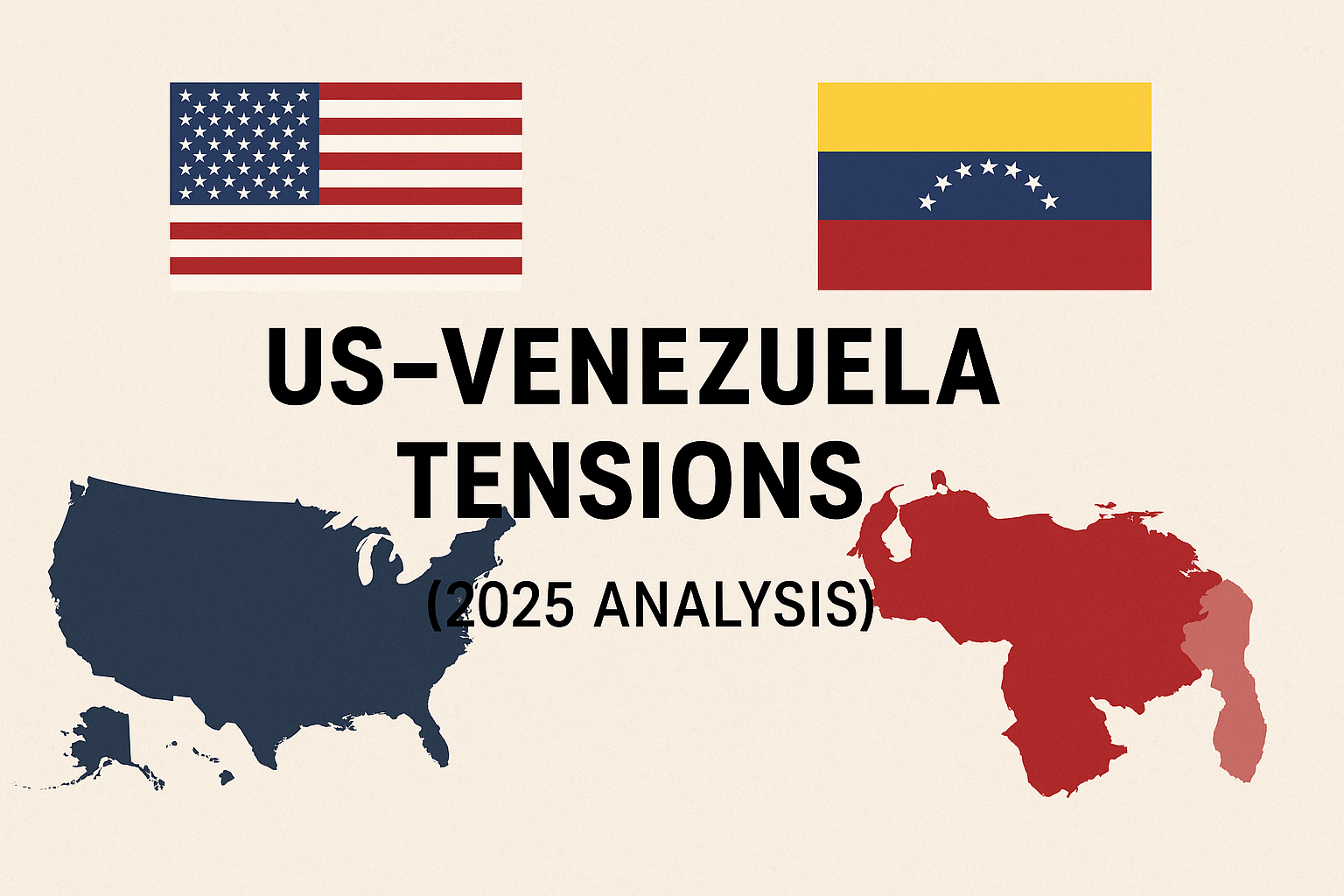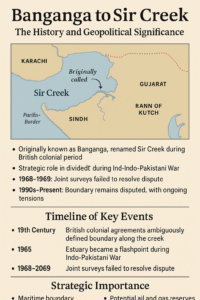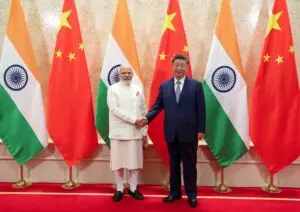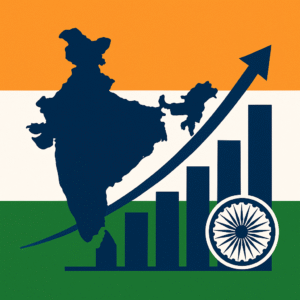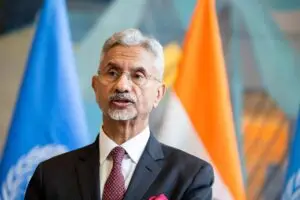Tensions between the United States and Venezuela have been rising again. The situation has gained global attention because it affects security, democracy, and human rights. Many experts worry that one mistake could escalate the conflict. Therefore, it is important to understand why this is happening, how both sides are reacting, and what the future might hold.
Historical Background
The relationship between the US and Venezuela has been unstable for many years. It became tense when Washington questioned the Venezuelan government over democratic transparency and corruption. These disagreements grew stronger over the last decade. The United States has also applied several sanctions on Venezuelan officials and its oil sector. These policies have caused political friction. As a result, both nations have struggled to rebuild trust.
Recent Military Presence and Operations
In recent months, the United States has increased its military presence in the southern Caribbean. Warships, surveillance aircraft, and elite units have appeared near Venezuelan waters. Officials in Washington claim this deployment targets drug trafficking networks. They argue that criminal groups use maritime routes to move narcotics into North America. However, critics fear these operations may provoke Venezuela.
On the other side, Venezuela has described the US presence as aggressive. Government statements warn that foreign pressure threatens its sovereignty. Yet Venezuela’s leadership has repeatedly said they do not want a war. They have urged for peace and dialogue while preparing defensive measures.
Justifications From the United States
US officials have cited three primary concerns. First, they highlight drug trafficking. Authorities believe certain Venezuelan groups help move narcotics regionally. Second, Washington claims that armed criminal cartels pose a terrorist-like threat. Third, the US has raised human rights concerns, pointing to alleged repression inside Venezuela. These points have shaped American policy and justified stronger actions in the region.
Therefore, intelligence operations have increased. Reports suggest that covert activities are occurring near or inside Venezuela. Some leaders in Congress support this strategy. However, others worry that the risk of escalation is too high.
Venezuela’s Perspective
Venezuela argues that the United States exaggerates drug trafficking threats. Its officials say Washington uses these claims to justify interference. They insist that their nation wants stability. Moreover, Venezuela’s government believes sanctions have created serious economic pressure. Poverty increased, inflation continued, and public services weakened. These conditions make any external threat even more sensitive.
Political leaders in Caracas also frame the conflict as a struggle for sovereignty. They have organized emergency exercises and militia training. However, they continue repeating the message that peace is their priority. This dual approach allows the government to appear strong domestically while appealing for international support.
Political Tensions and Democratic Concerns
Democracy is a major point of disagreement. The United States has accused Venezuela of election irregularities. Therefore, sanctions and diplomatic pressure were applied to push for political reforms. Venezuela denies these claims and accuses foreign powers of attempting regime change.
As a result, both nations distrust each other. Diplomatic channels have narrowed. Misunderstandings become more likely. Historical patterns in Latin America suggest that such moments can spiral quickly.
The Role of Drug Trafficking Claims
Drug trafficking claims remain central to US justification. Washington considers some cartels powerful enough to destabilize regional governments. They argue that cutting off maritime routes helps national security. However, human rights organizations question whether military strikes on suspected drug vessels comply with international law.
Moreover, several lawmakers in the United States warn that extrajudicial actions could violate legal standards. Some observers worry that military framing sets a dangerous precedent. For instance, if one nation can pursue traffickers across borders, others might follow.
International Reactions
Several countries in Latin America are watching closely. Some fear spillover effects, including increased migration. Others warn that foreign warships could destabilize the Caribbean. Regional organizations have encouraged dialogue instead of force. The global community prefers diplomacy because war would worsen the humanitarian crisis.
Countries with economic ties to Venezuelan oil also monitor events. Oil markets may react to any disruption in production or shipping. Investors understand that instability spreads through trading networks quickly.
Domestic Crisis Inside Venezuela
Life inside Venezuela remains challenging. The economy has been shrinking for years. Power shortages, low wages, and high inflation are common. Millions have migrated in search of better opportunities. As a result, the country’s internal weakness amplifies external pressure. Rebuilding requires stability, not conflict.
Therefore, ordinary citizens worry that military tensions will deepen suffering. Hospitals, schools, and public services would struggle even more under conflict. Peace would allow resources to go toward recovery instead of defense.
Risk of Accidental War
Even when leaders say they want peace, conflict can arise by mistake. When warships and fighter jets operate near borders, misunderstandings can escalate. One misread radar signal or aggressive maneuver could trigger retaliation. International law becomes complicated in maritime confrontations. Therefore, many analysts warn that de-escalation must remain a priority.
What Happens Next?
The future depends on communication. If diplomatic channels reopen, tensions may cool. Confidence-building measures could help. Regional mediators might create dialogue between both sides. However, if military operations expand, conflict becomes more probable.
Economic relief for Venezuela could also reduce pressure. Better living conditions might allow the government to compromise. Likewise, transparent elections could build trust internationally. Both sides would benefit from easing sanctions and reducing military presence.
Conclusion
The relationship between the United States and Venezuela is complex. History, politics, security concerns, and economics shape every decision. Both nations say they want peace, yet military activity signals caution. Therefore, global attention remains focused on every new development. The world hopes diplomacy prevails over force. War would only deepen suffering and instability.
Readers should follow credible news sources, study official statements, and think critically. Awareness is important during uncertain times. Peace requires responsibility from every nation. Hopefully, leaders choose dialogue and cooperation. Humanity deserves calm seas, not storms.
Sir Creek (Banganga) Dispute: History, Geopolitics & Strategic Importance
https://newsarmour.com/sir-creek-banganga-dispute/
Sources –
Council on Foreign Relations:
https://www.cfr.org/global-conflict-tracker/conflict/instability-venezuela
Wikipedia Summary:
https://en.wikipedia.org/wiki/United_States%E2%80%93Venezuela_relations
The Week – Military Tension Rising:
https://theweek.com/politics/military-us-venezuela-tensions
CBS News – US Warships Deployment:
https://www.cbsnews.com/news/us-warships-venezuela-trump-nicolas-maduro-tension-drug-cartel-accusations/
Atlantic Council – Why Warships are Moving:
https://www.atlanticcouncil.org/blogs/new-atlanticist/why-are-us-warships-heading-toward-venezuela/
Washington Post – Anti-Cartel Mission:
https://www.washingtonpost.com/national-security/2025/08/27/us-warships-venezuela-maduro-trump/

